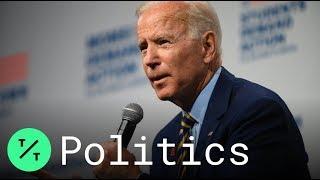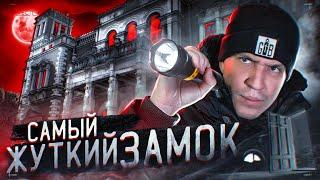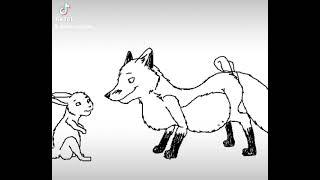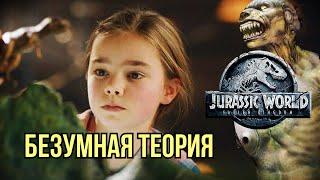Комментарии:

Thank you for doing that
Ответить
THINKS FAST CHUKLENUTS
Ответить
Another language
Ответить
Por qué no lo muestras
Ответить
29000 people are down bad 💀💀💀
Ответить
Who is that cat girl at the last
Ответить
BLEACH PLEASE
Ответить
LET'S GET BLEACH
Ответить
The Vietnam War was a conflict that took place in Vietnam, Laos, and Cambodia from November 1, 1955, until the fall of Saigon on April 30, 1975. It was one of the most significant and controversial wars of the 20th century and had far-reaching consequences both for the countries involved and the global political landscape.
Causes:
The roots of the Vietnam War can be traced back to the end of World War II when France sought to reestablish its colonial rule over Vietnam. The Vietnamese, led by Ho Chi Minh and his communist Viet Minh party, fought for independence from French colonial rule, leading to the First Indochina War (1946-1954). The war ended with the 1954 Geneva Accords, which temporarily divided Vietnam at the 17th parallel, with the north under communist rule and the south under a Western-backed government.
Escalation:
The division of Vietnam was meant to be temporary, and elections were scheduled to be held in 1956 to reunify the country. However, the elections were never held, as the United States and other Western powers feared that Ho Chi Minh would win and reunify Vietnam under communist rule. Instead, they supported the anti-communist government in South Vietnam, which led to the formation of the National Liberation Front (NLF) or Viet Cong in 1960 to fight against the South Vietnamese government and its American backers.
American Involvement:
The United States became increasingly involved in the conflict during the early 1960s under the administration of Presidents John F. Kennedy and Lyndon B. Johnson. The U.S. saw Vietnam as a crucial battleground in its Cold War struggle against communism and believed in the "domino theory," which suggested that if one country in Southeast Asia fell to communism, neighboring countries would follow suit.
U.S. military involvement rapidly escalated, with troop numbers reaching over 500,000 at its peak in 1969. The American military strategy involved heavy bombing campaigns, search and destroy missions, and attempts to win the hearts and minds of the Vietnamese people. However, the war became increasingly unpopular both within the United States and around the world as casualties mounted and the conflict seemed intractable.
Anti-War Movement:
The Vietnam War sparked a significant anti-war movement in the United States and other countries. Protests, rallies, and civil disobedience grew in size and intensity, with many people voicing opposition to the war and its human toll. This movement had a profound impact on public opinion and played a role in shaping U.S. government policy.
End of the War:
As the war dragged on, the U.S. began to withdraw troops, and in January 1973, the Paris Peace Accords were signed, officially ending U.S. involvement in the conflict. However, fighting continued between North Vietnam and South Vietnam, leading to the eventual fall of Saigon to North Vietnamese forces on April 30, 1975. Vietnam was reunified under communist rule as the Socialist Republic of Vietnam.
Aftermath:
The Vietnam War had devastating consequences. Millions of Vietnamese civilians and soldiers were killed, and the country faced significant environmental and social issues due to the extensive use of herbicides like Agent Orange and the destruction caused by bombing campaigns. Additionally, the war left a deep scar on American society, prompting a reassessment of U.S. foreign policy and military interventions.
The Vietnam War is often remembered as a symbol of the limits of military power and the importance of understanding the complexities of the regions in which interventions occur. The conflict remains a contentious and emotionally charged topic to this day, with its legacy continuing to shape political debates and foreign policy decisions.

NOW
Ответить
BAN THIS
Ответить
Thank you for covering that
Ответить
Good job covering that.
Ответить
name del final?
Ответить
Thank u men u sav ma lif
Ответить
bruh
Ответить
Thank you
Ответить
Comio comes
Ответить
danke!
Ответить
Thanks man
Ответить
Wryyyy
Ответить
GRRRRRR
Ответить
Gracias lag
Ответить
Me lo esperaba
Ответить
Thanks for saving me
Ответить


























